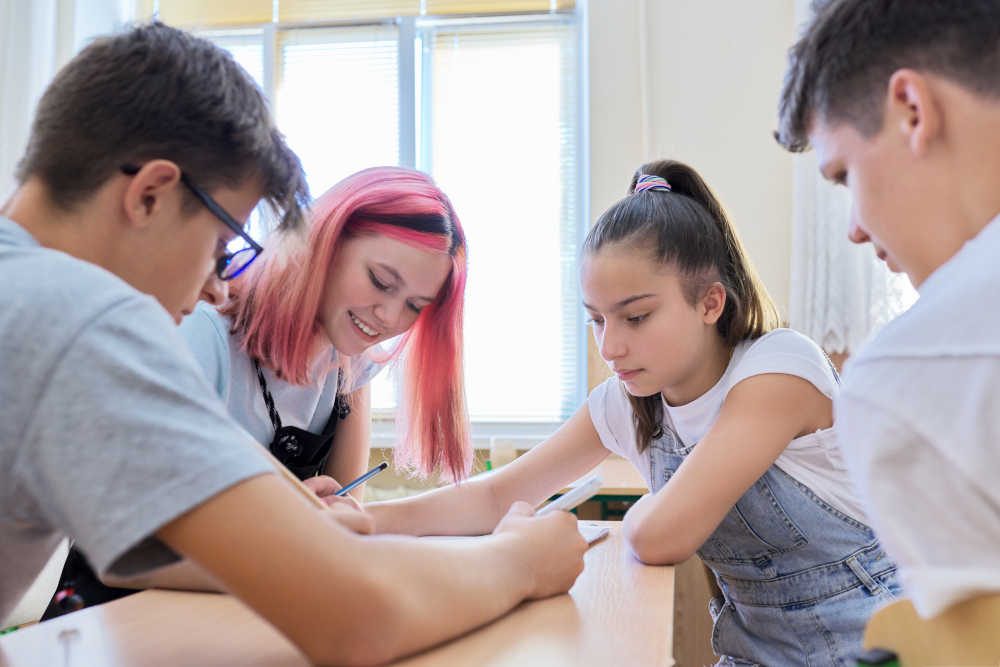Navigating Peer Pressure in Adolescence
Peer pressure is an often mentioned but occasionally misunderstood aspect of adolescent life. This phenomena has the potential to significantly influence adolescent behavior, choices, and identity. Peers have a significant impact on adolescents, whether they encourage dangerous or beneficial conduct.
What is peer pressure?
Peer pressure arises when a person feels obligated to follow the social norms set by their peers. For teenagers, this group often consists of friends, classmates, and acquaintances of their age. The urge to fit in and be accepted is a strong incentive throughout these early years.
Positive versus Negative Peer Pressure
It’s critical to understand that peer pressure can take both positive and bad forms. Positive peer pressure entails persuading peers to participate in good activities such as learning, sports, or community service projects. Negative peer pressure, on the other hand, can lead to youth participating in dangerous behaviors such as skipping school, using drugs, or bullying.
Effects of Negative Peer Pressure
Negative peer pressure has far-reaching and potentially serious repercussions. Adolescents may engage in actions that contradict their ideals or family expectations, resulting in internal conflict and stress. In extreme circumstances, giving in to negative peer pressure can result in behavioral disorders and even legal problems.
Strategies for Combating Negative Peer Pressure
- Education and awareness: Teaching kids about the consequences of peer pressure and assisting them in recognizing it in their life can enable them to make autonomous decisions.
- Strong Support Systems: A supportive family environment and a dependable network of friends can give teenagers the courage to resist bad influences and make decisions that reflect their genuine selves.
- Self-Esteem Promotion: Helping youth develop self-confidence and self-awareness allows them to be less reliant on the praise of their peers.
- Encourage Open Communication: Parents and educators should create an environment in which teenagers feel comfortable addressing their concerns and pressures without fear of being judged or punished.
- Adults can model constructive behavior and decision-making in their interactions, showing teenagers that it is possible to act autonomously while still earning respect.
Peer pressure has an evident impact on teen behavior, influencing both their daily actions and their overall course in life. By understanding the dynamics of peer influence and actively supporting our youngsters, we can help them traverse these difficult years more successfully. It is about providing direction that aligns with their ideals and strengthens their ability to resist negative pressures. By doing so, we not only assist kids develop into well-rounded individuals, but also prepare them for the complexity of adulthood.











